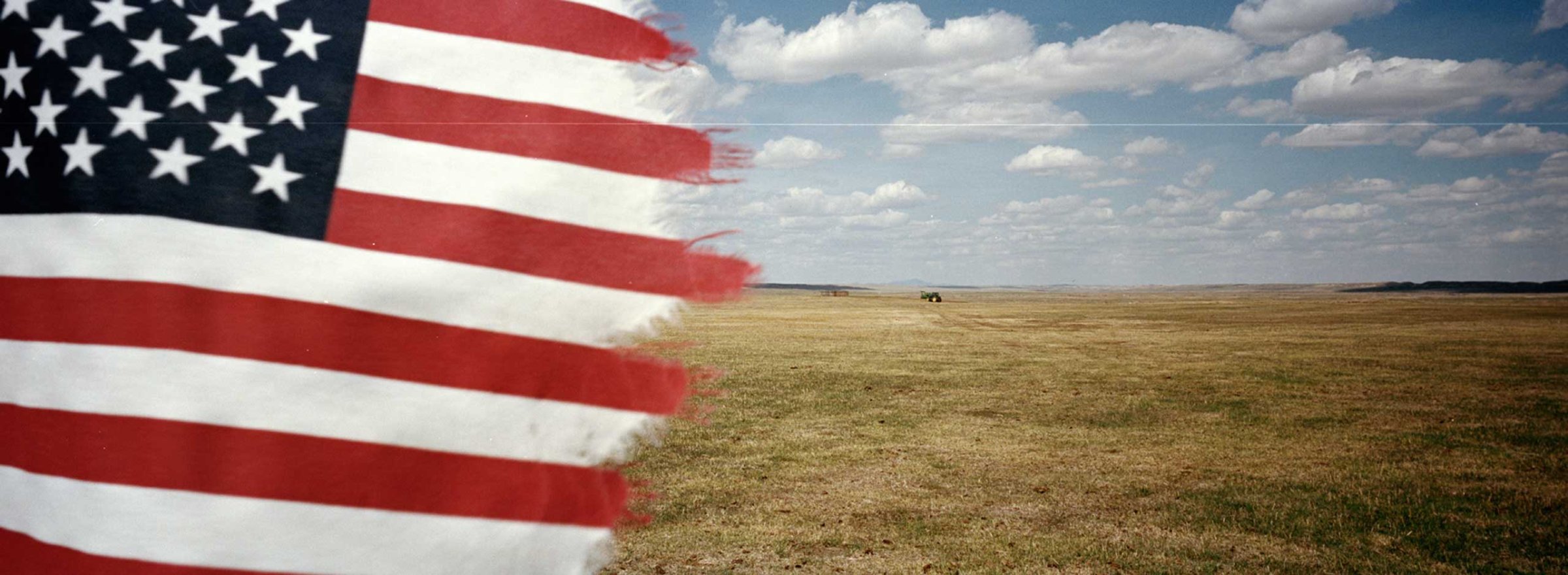
Jared Moossy has seen it all. The Austin-based documentary photographer was in Libya during the uprising against Muammar Gaddafi, he was in Afghanistan at the height of the U.S.-led campaign against the Taliban and he traveled to Mexico to cover that nation’s war on drugs. Each time, he risked his life to bring back the news, highlighting the perilous yet essential role photojournalists play — a role he helped present in HBO’s documentary series Witness.
Yet, it was closer to home, in South Austin, that Moossy came close to losing his life. On Sept. 3, six weeks before his wedding day, while riding his motorcycle home, he was struck by a car driven by a 31-year-old man allegedly under the influence of alcohol.
“The scene was horrific and will haunt me forever,” says his fiancée Claudia Baca, who was there at the time, following the Harley-Davidson in her car. Moossy suffered extensive injuries, from broken legs and ribs to a traumatic brain injury that put him in a coma. “The nature of this type of injury and subsequent neurological damage dictate that there are no guarantees for recovery, full or partial,” says Baca. “But anyone who knows Jared would know better. Jared awoke ready to face every hurdle fearlessly and whole-heartedly.”
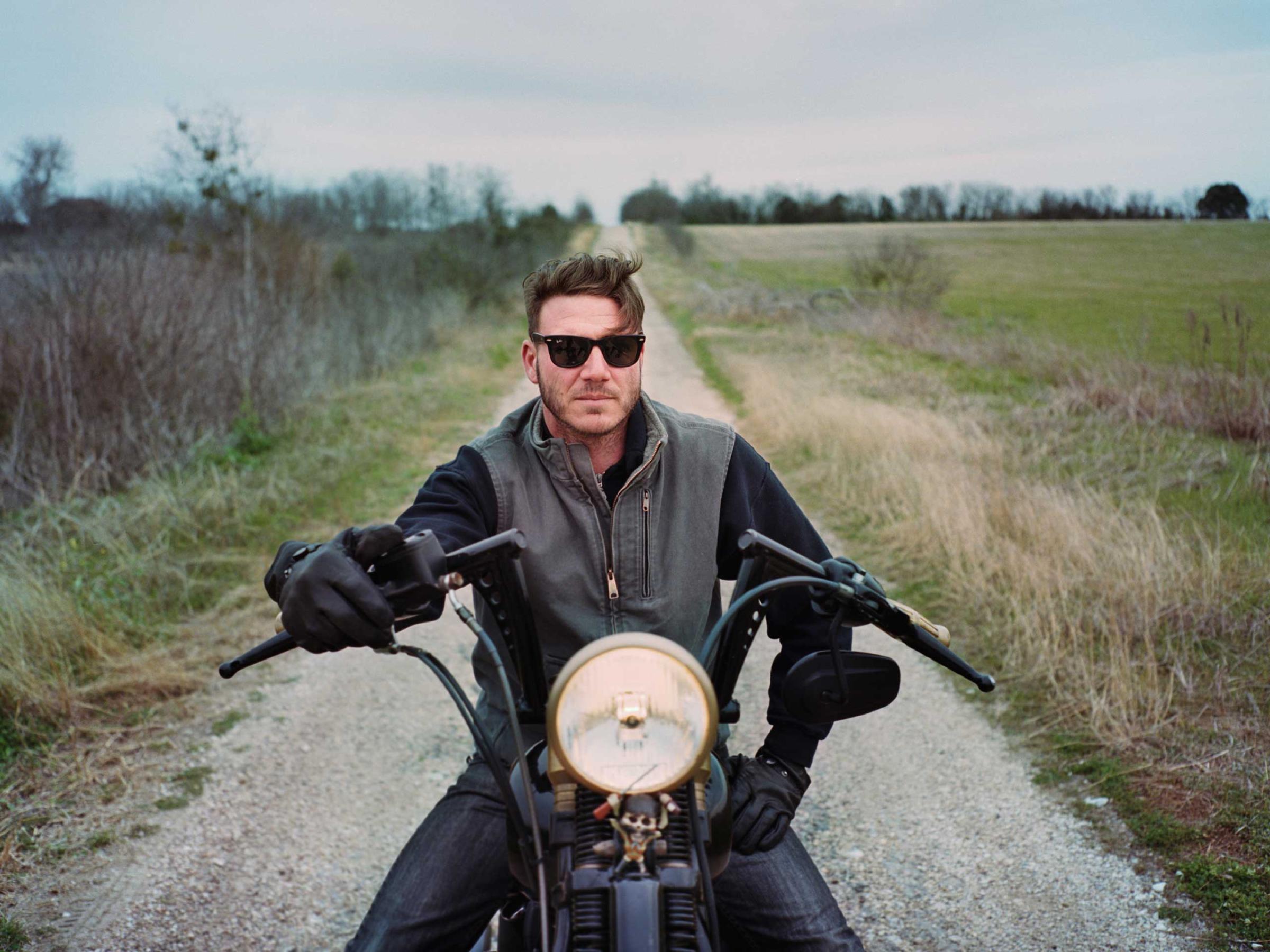
Now, his colleagues and friends have pulled together to raise funds that will go towards his recovery and physical therapy, acknowledging that the accident has acquired a certain irony for his impact on a man who risked his life so willingly. Marcel Saba, the director of Redux Pictures & Vault Archives, which represents Moossy’s work, praises his commitment and dedication to work that was often dangerous, from covering famine in Africa to the aftermath of the BP oil spill. “Regardless of the subject, I came to expect a great amount of commitment and dedication from him,” Saba says, “He did not let me down.”
David Guttenfelder, a former Associated Press photographer, first met Moossy in Restrepo, Afghanistan. They later worked together on the Mission 22 television campaign addressing suicide among veterans. “When you do a dangerous job, the risk is always in the line of fire,” Guttenfelder says. “We’ve been through very hard times over the years with other colleagues who lost their lives while working,” but here, he adds, “you just don’t know what can happen.”
“He brought the same raw and distinguished style from still photography into his video work and always had so much fun with it,” says Shaul Schwartz, who hired Moossy to work on Healing Bobby, a Real Peak Films production for TIME’s Red Border Films. “I hope I get a chance to work with him in the future, for now I just send them all my love and a speedy recovery.”
Moossy and Baca now live in the present. “There are still no guarantees or definitive answers,” says Baca. “We are relegated to live day to day, reaffirming an unshakable optimism and infinitely grateful that we can share another day together. No words will suffice to express our gratitude to friends, family and strangers alike who have overwhelmed us with love and support.”
To help Moossy, visit his Indiegogo fundraising campaign.
Jared Moossy is a documentary photographer and filmmaker based in Austin, Texas. Follow him on Instagram @jaredmoossy.
Olivier Laurent is the editor of TIME LightBox. Follow him on Twitter and Instagram @olivierclaurent
Follow TIME LightBox on Facebook, Twitter and Instagram.
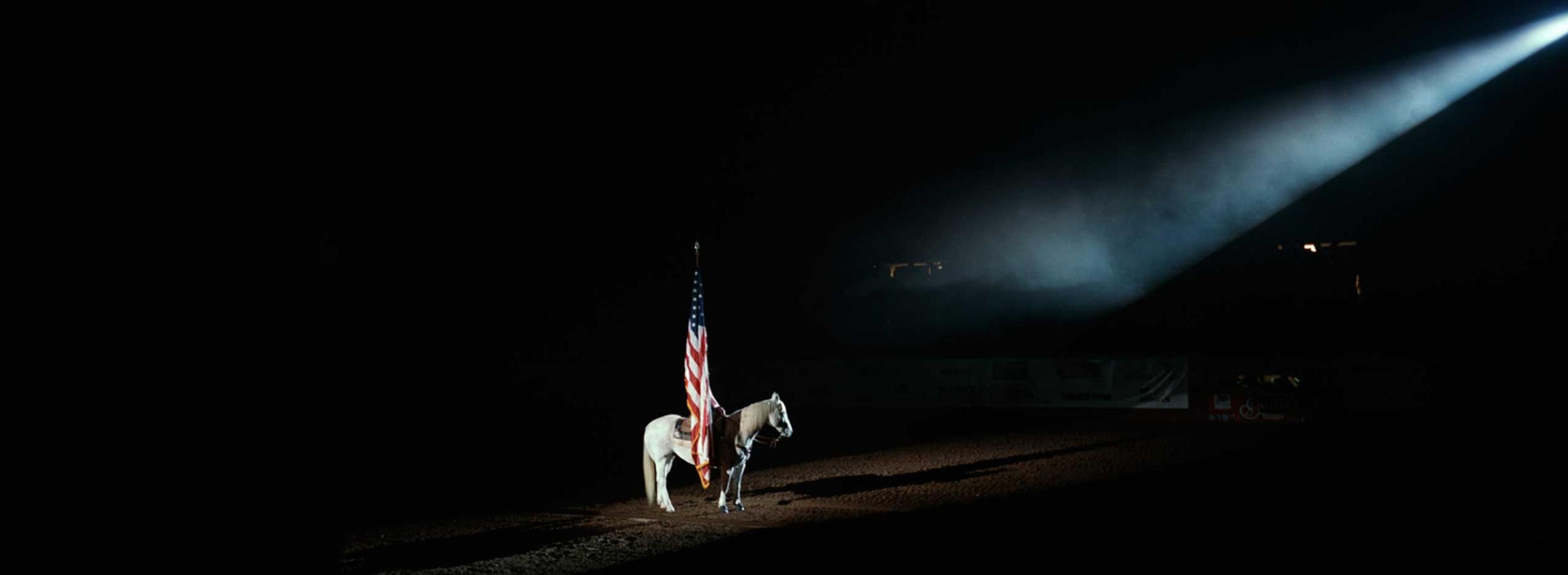
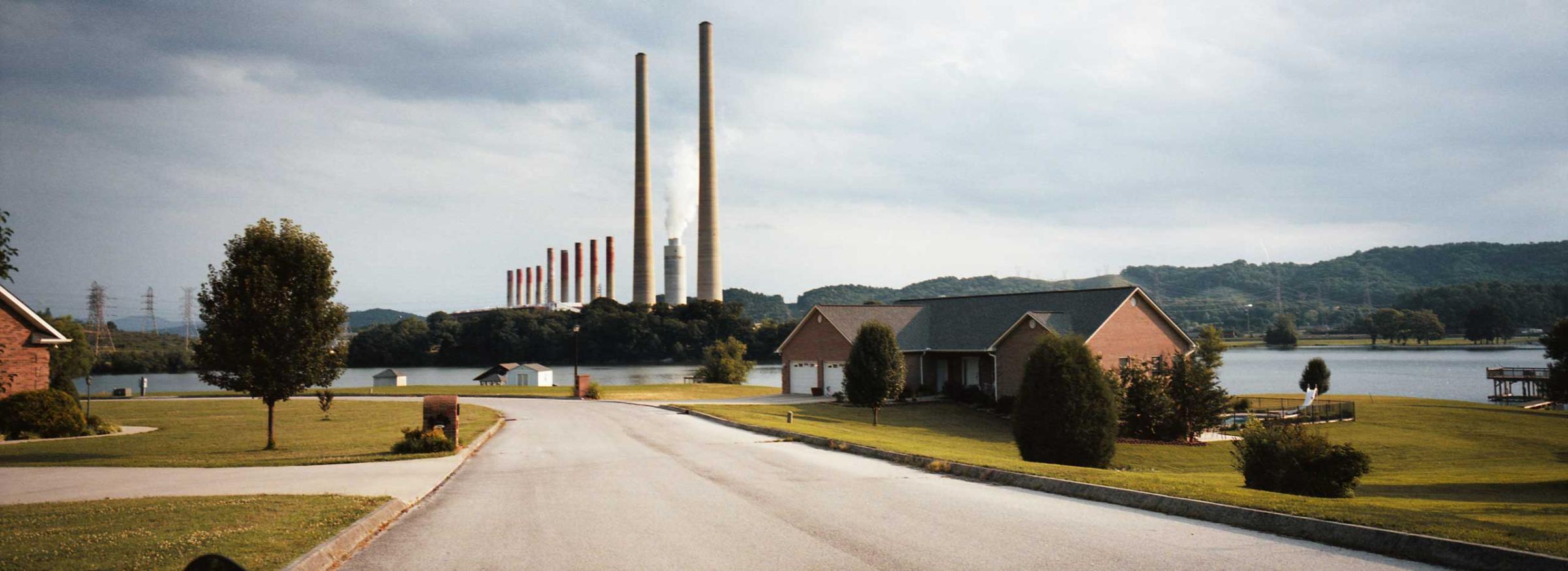
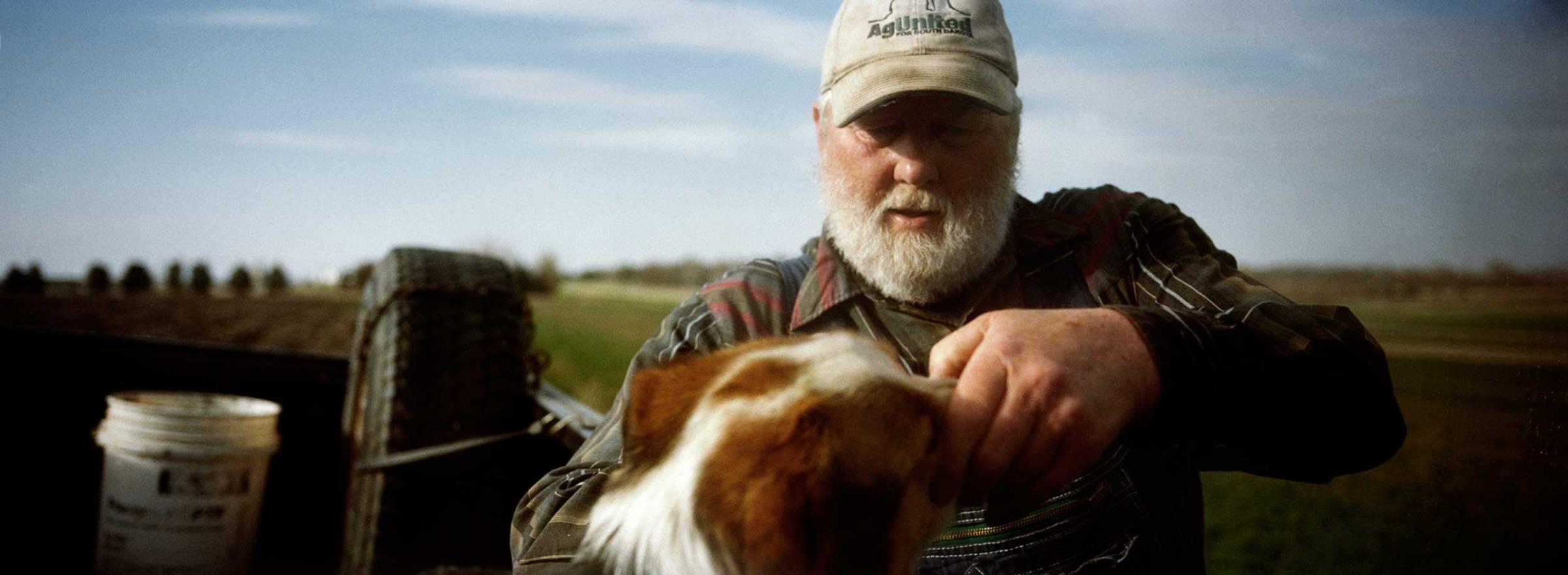
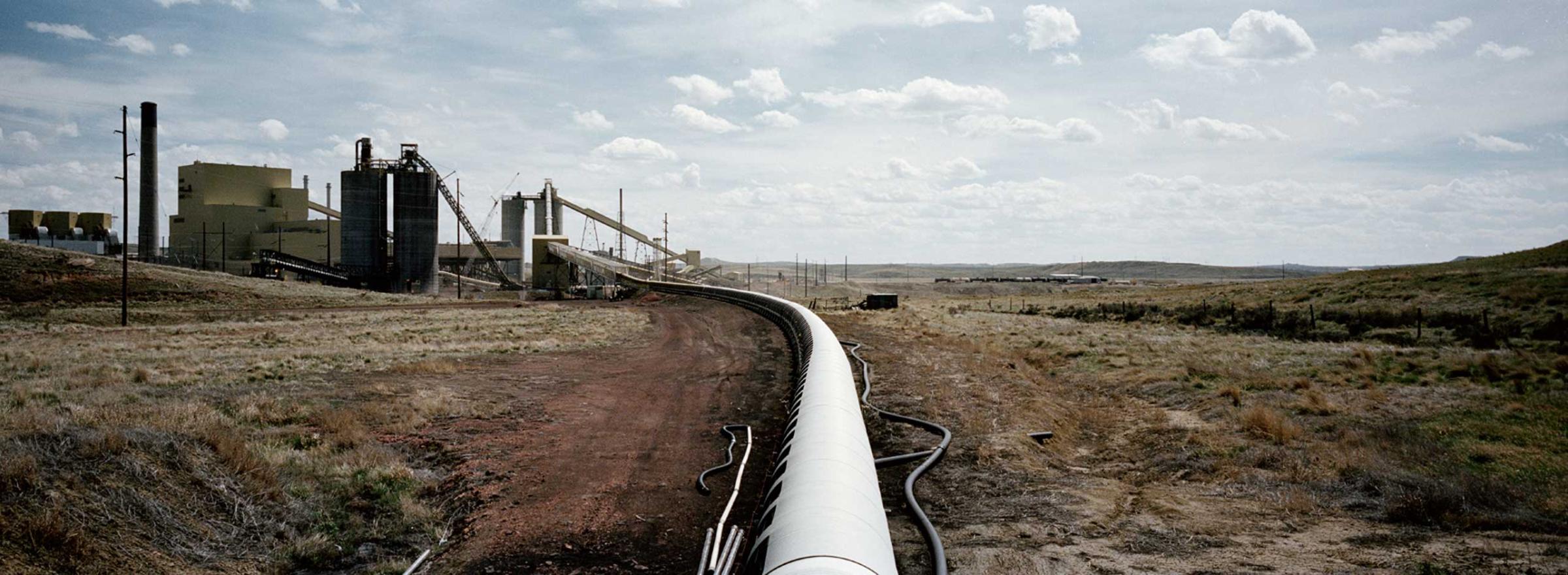
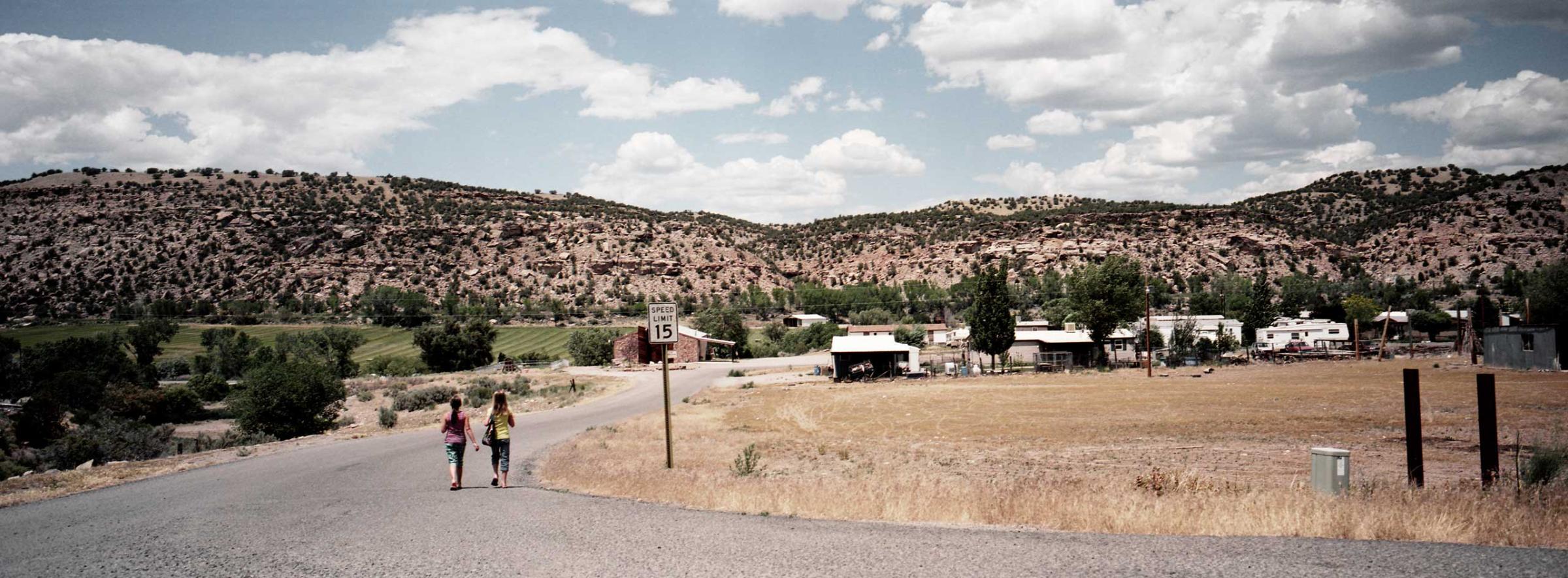
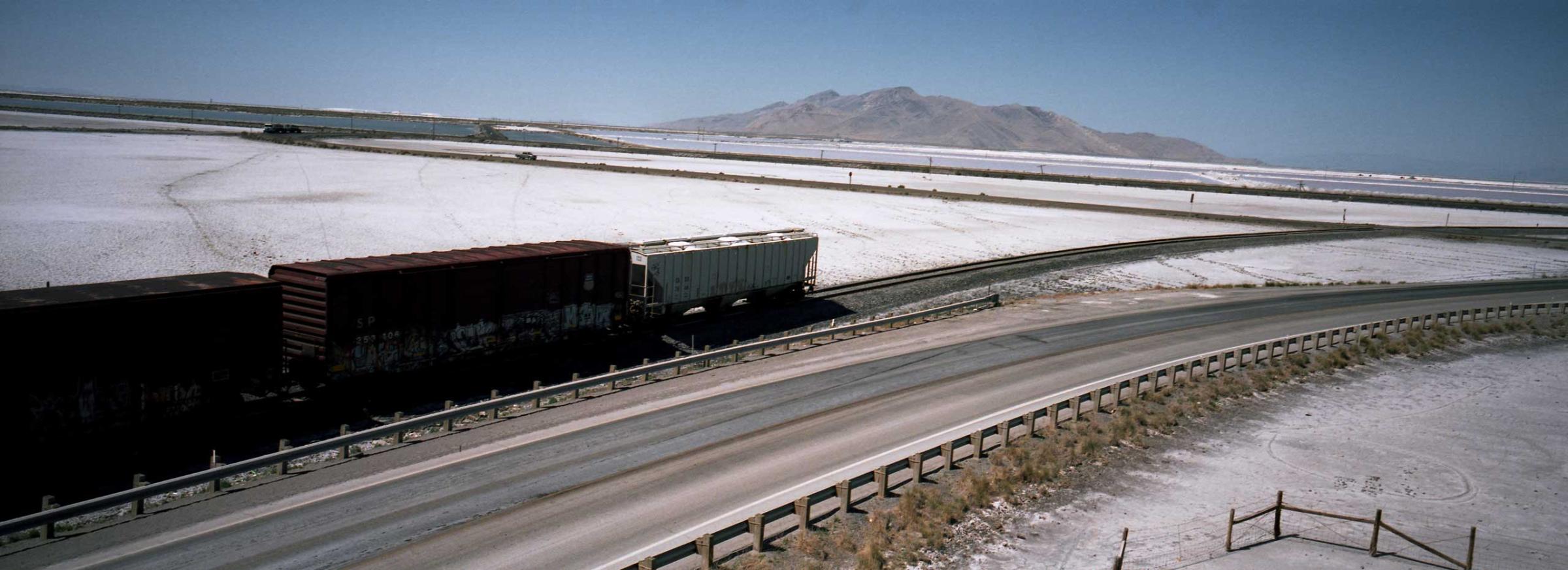
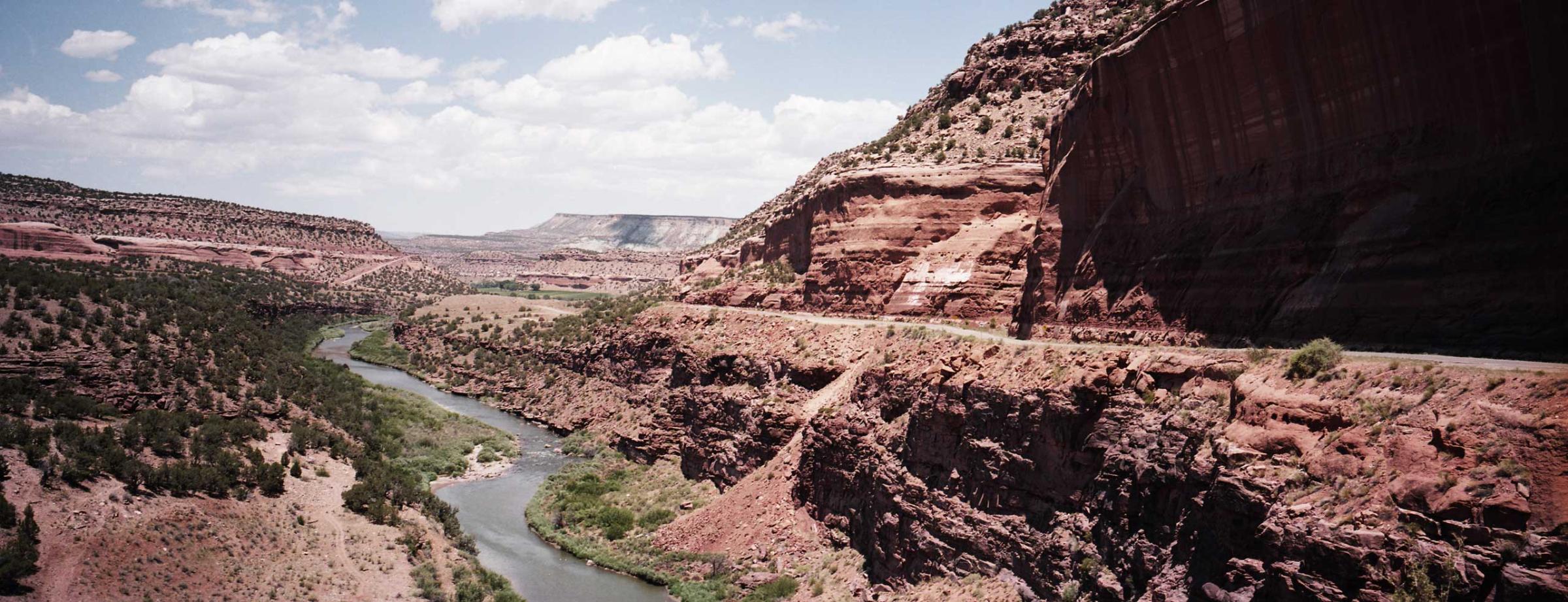
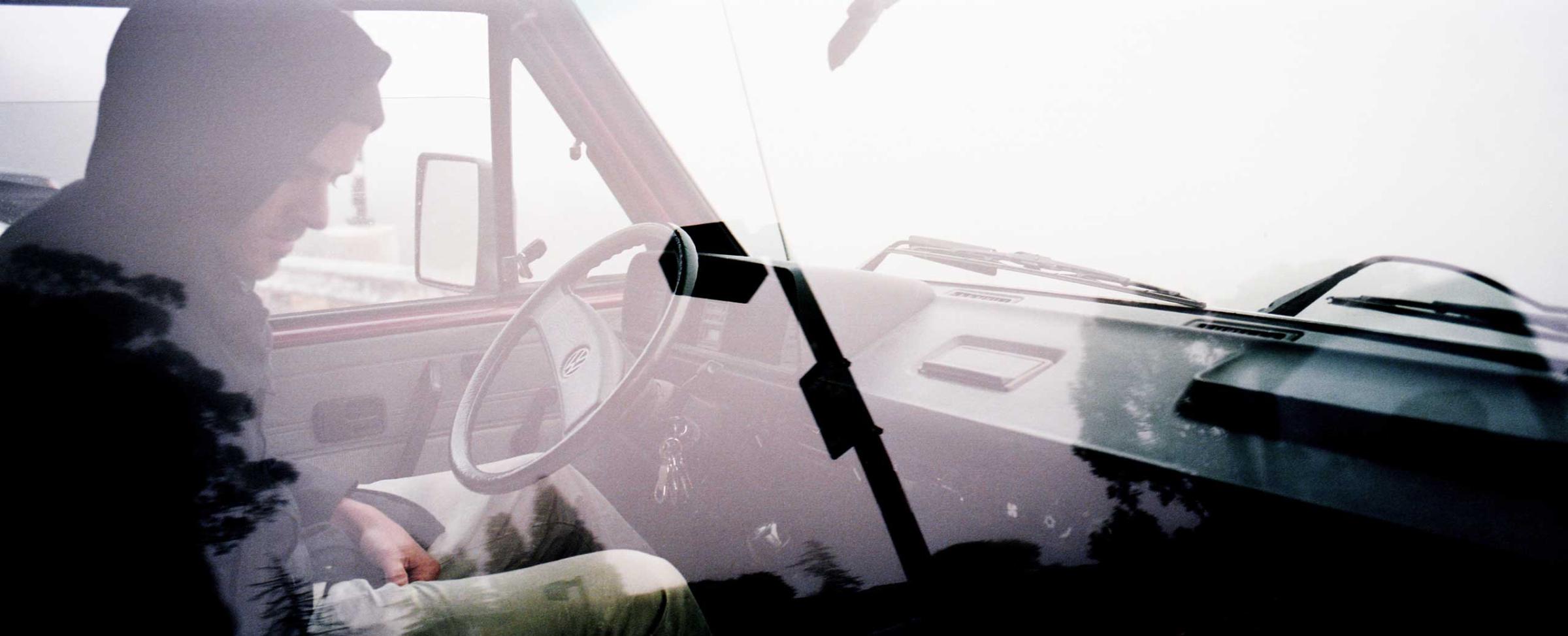
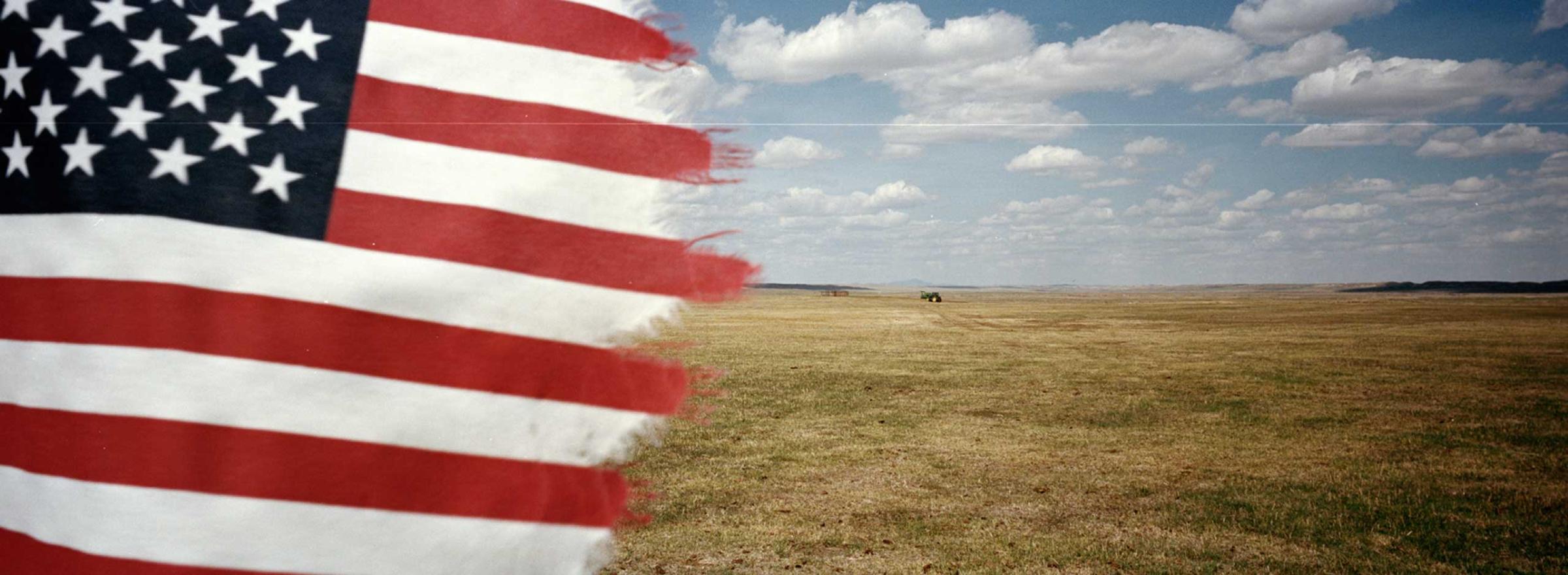
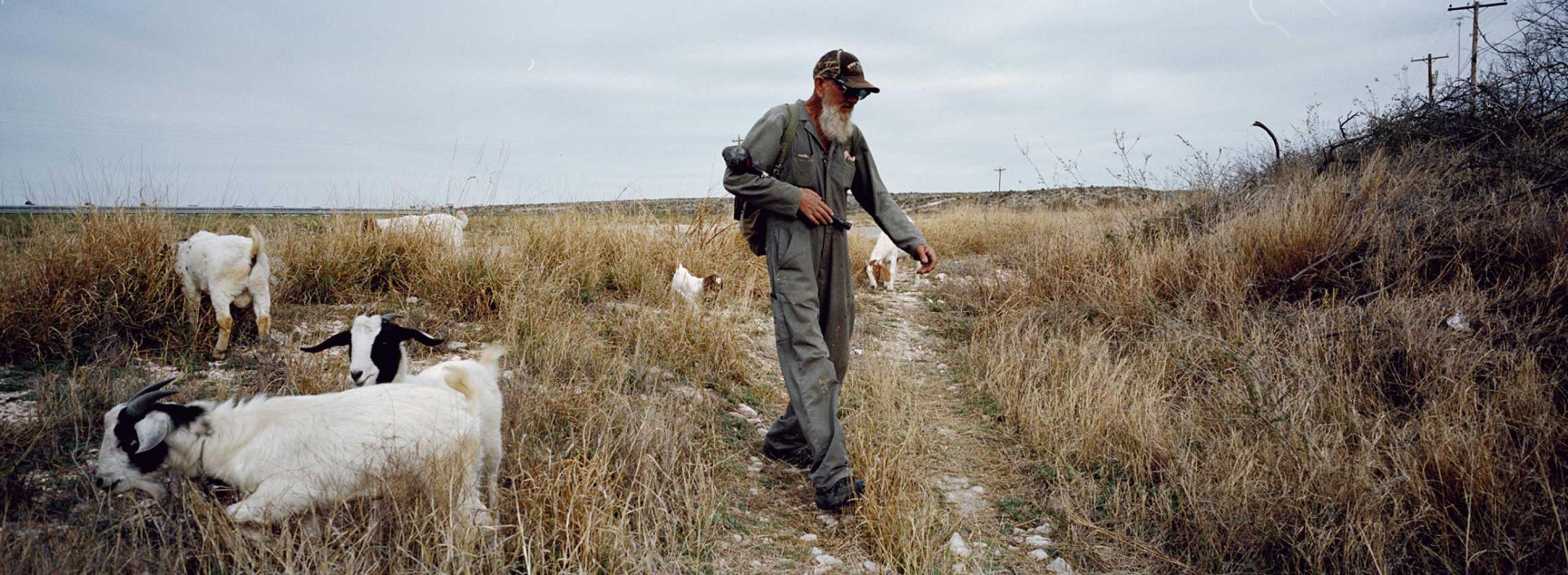
More Must-Reads from TIME
- Donald Trump Is TIME's 2024 Person of the Year
- Why We Chose Trump as Person of the Year
- Is Intermittent Fasting Good or Bad for You?
- The 100 Must-Read Books of 2024
- The 20 Best Christmas TV Episodes
- Column: If Optimism Feels Ridiculous Now, Try Hope
- The Future of Climate Action Is Trade Policy
- Merle Bombardieri Is Helping People Make the Baby Decision
Contact us at letters@time.com